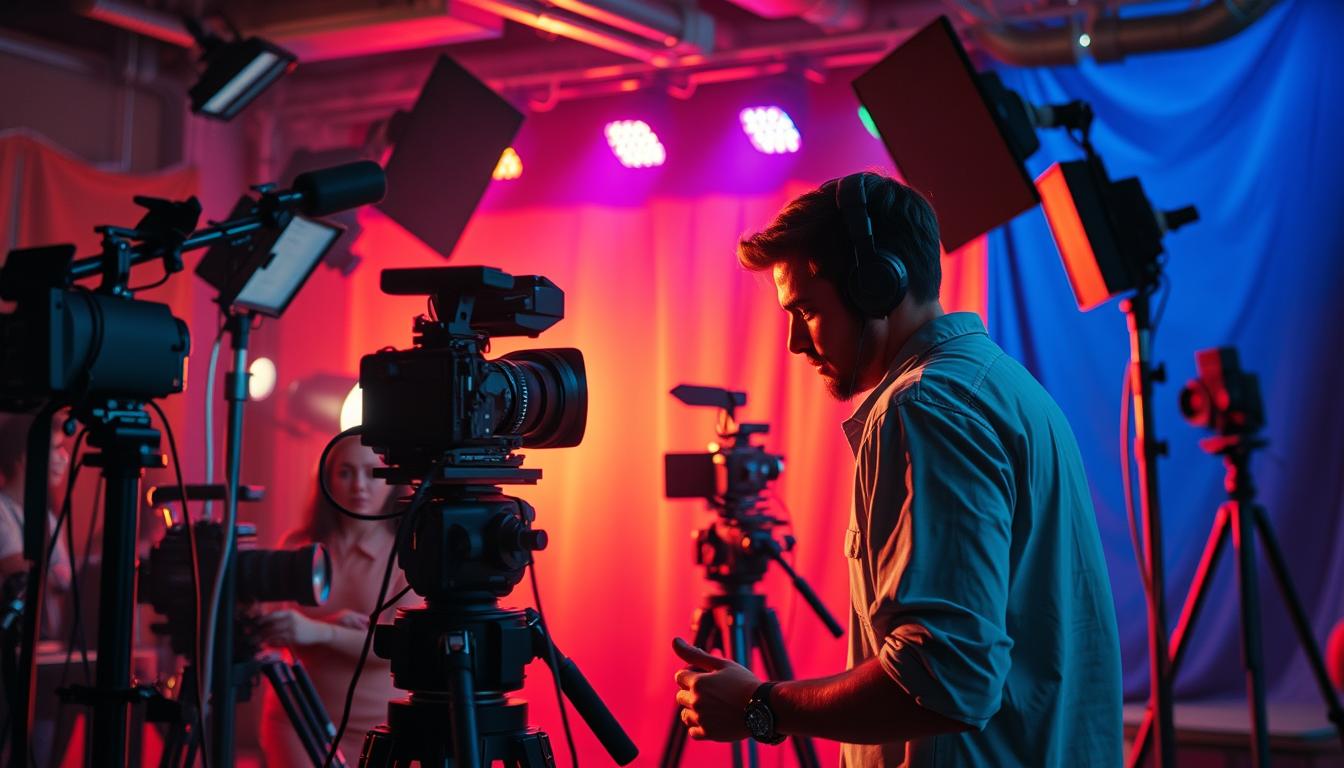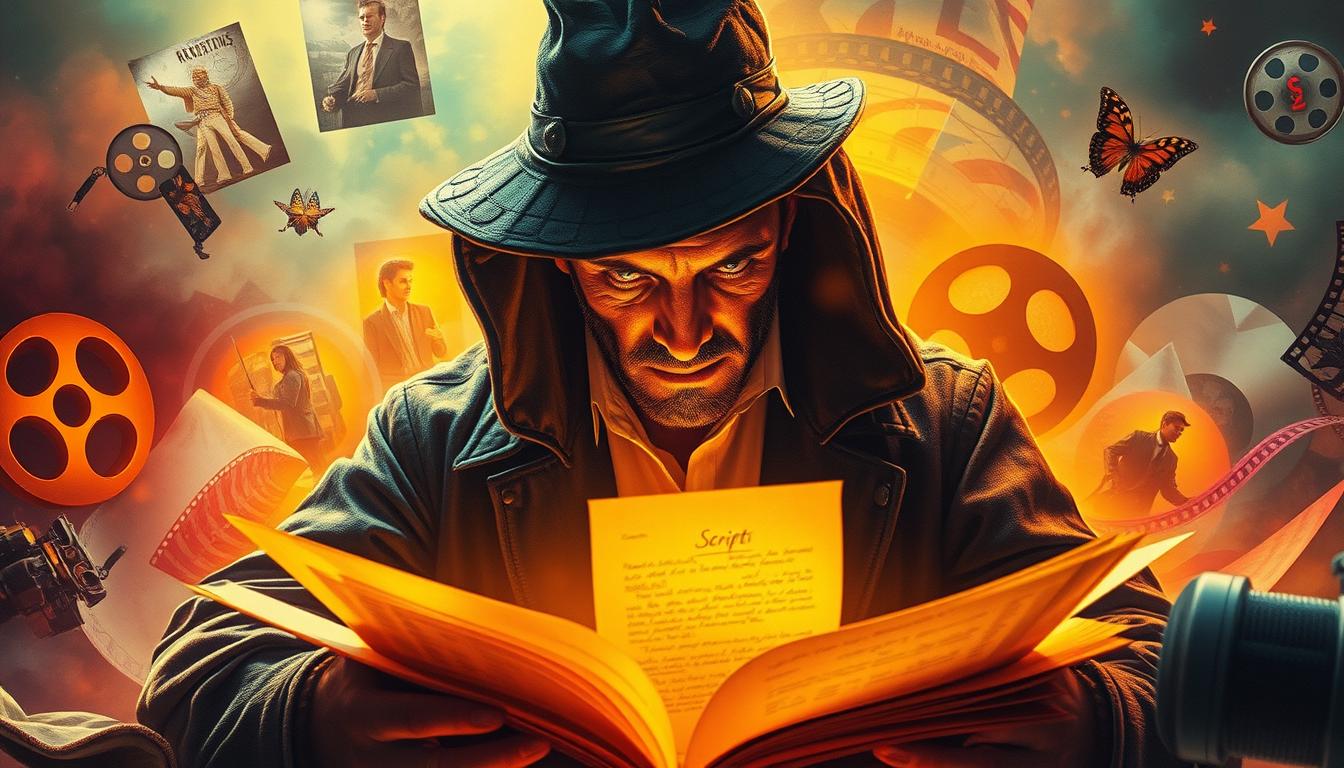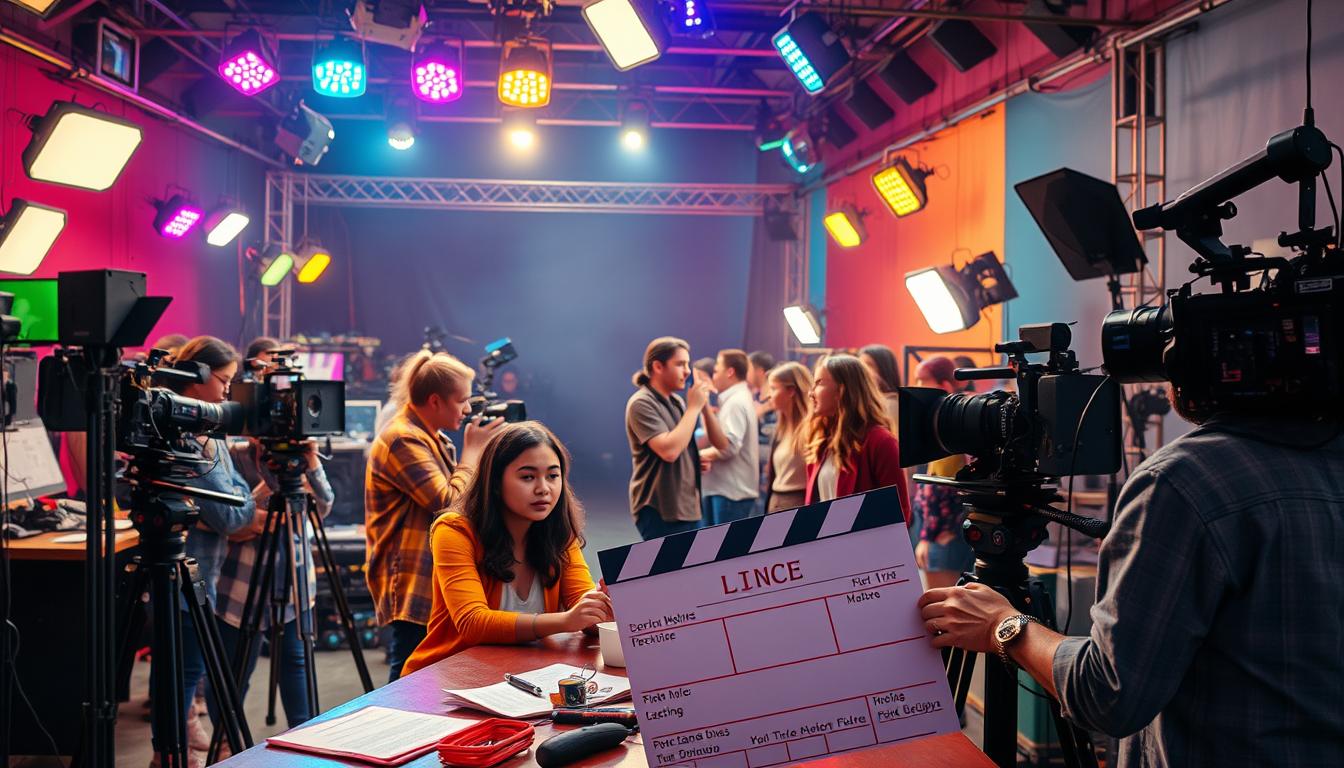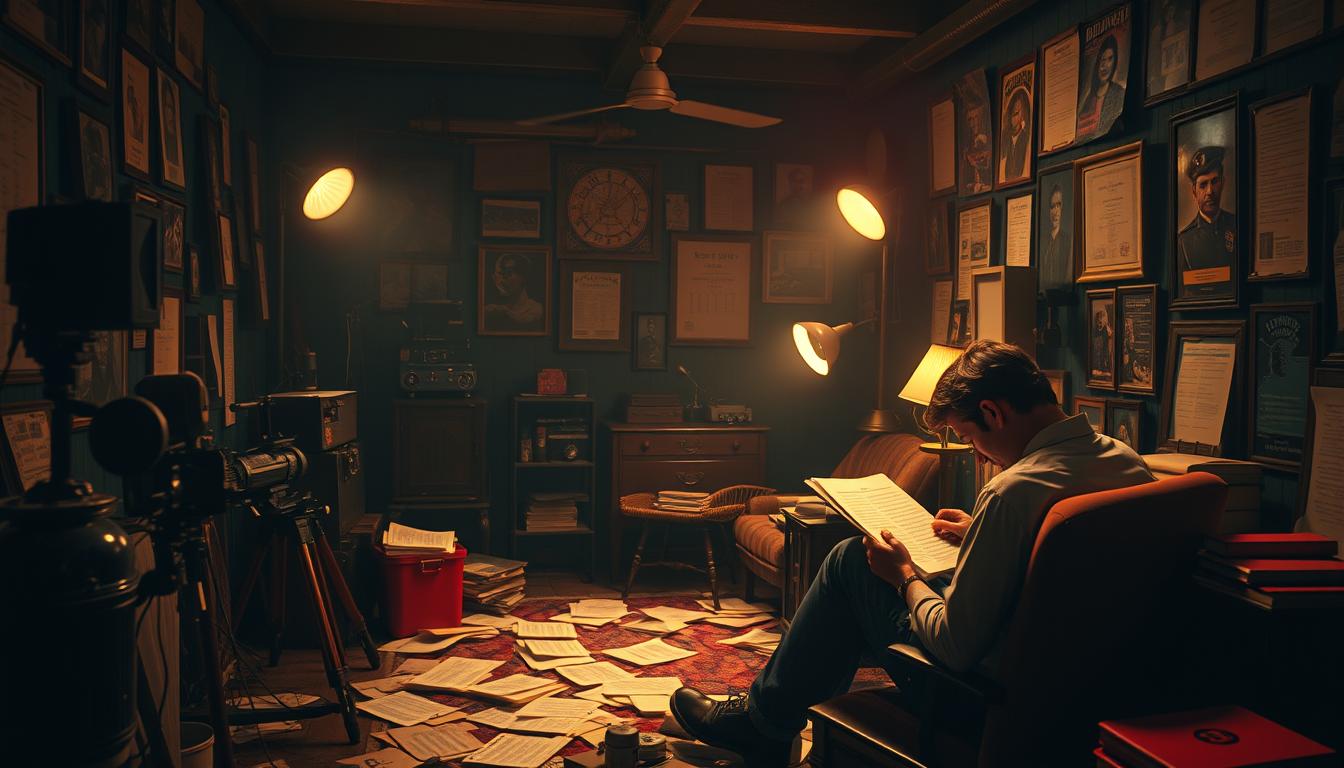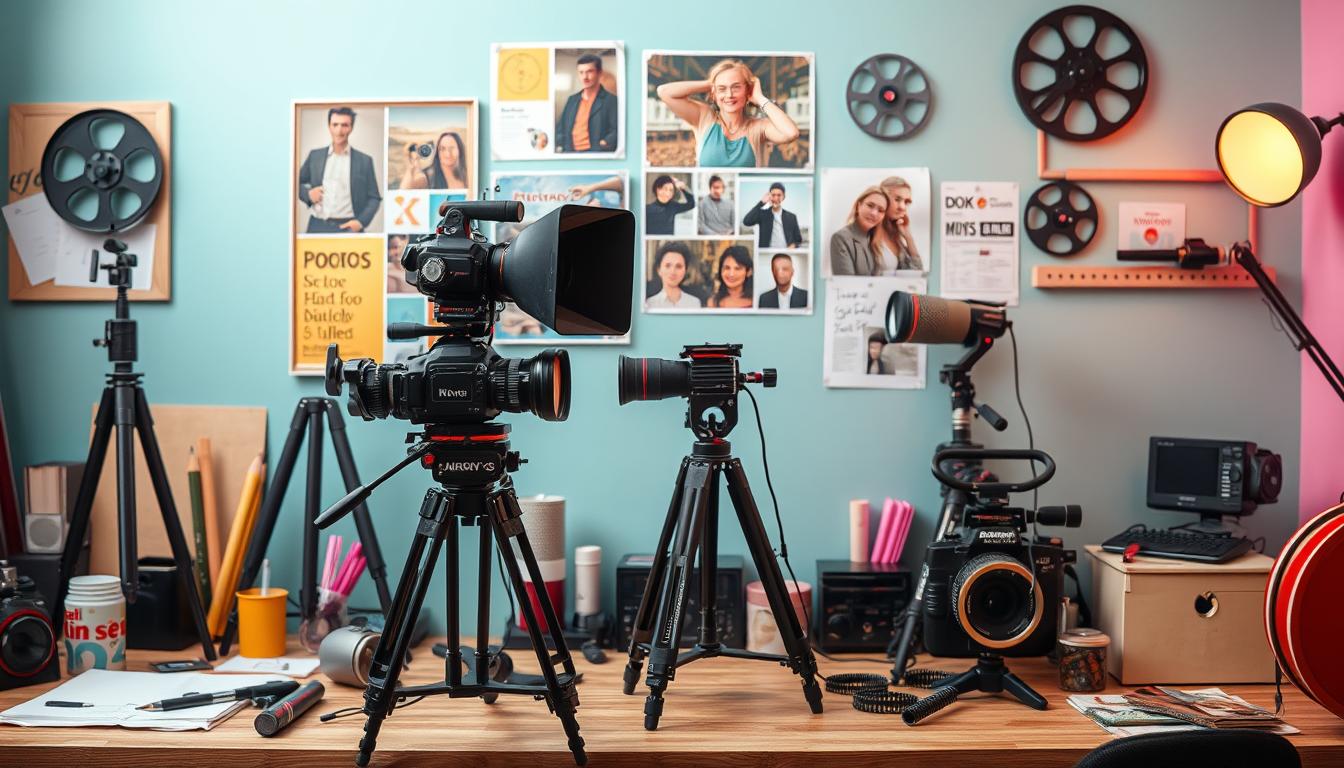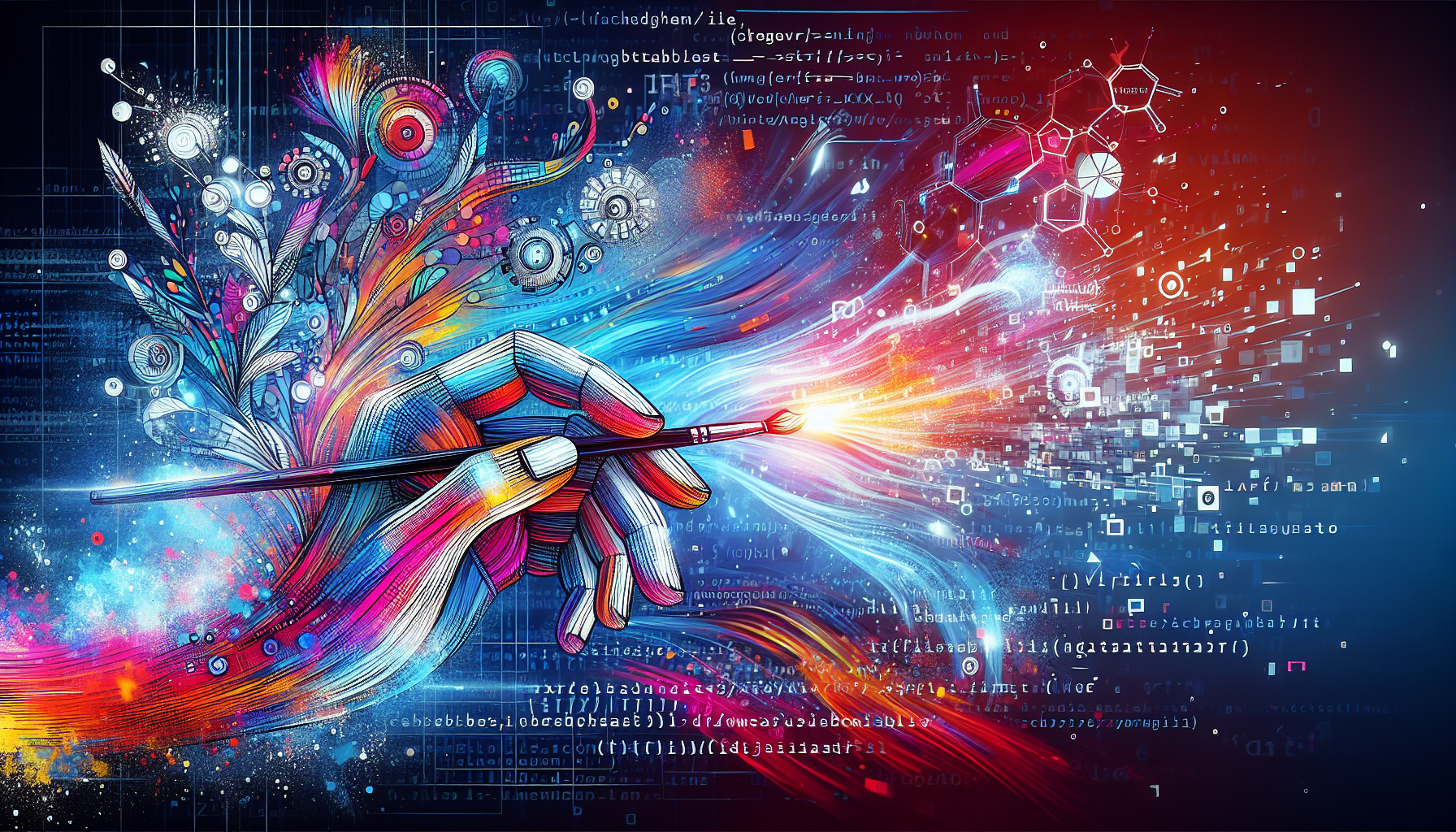
Unlocking Creativity: The Rise of AI in Screenwriting for Film
The Advent of AI in the Creative Process
The integration of Artificial Intelligence (AI) into various sectors has been nothing short of revolutionary, and the film industry is no exception. In recent years, AI has begun to play a significant role in screenwriting, an area once thought to be the exclusive domain of human creativity. The use of AI in screenwriting is not just about generating content; it’s about enhancing the creative process, making it more efficient, and unlocking new possibilities for storytelling.
How AI is Being Utilized in Screenwriting
At its core, AI in screenwriting is about leveraging machine learning and natural language processing to generate scripts, develop characters, and even suggest plot twists. AI algorithms analyze vast amounts of data, including existing films, screenplays, and novels, to identify patterns, genres, and storytelling elements. This data-driven approach enables AI to assist screenwriters by suggesting narrative structures, dialogues, and even thematic elements that might fit their story.
Moreover, AI tools can now evaluate the emotional arc of a story, ensuring that it resonates with audiences on a deeper level. These tools can predict audience reactions to certain plot developments, thereby providing invaluable feedback during the early stages of script development.
Collaboration Between AI and Human Creativity
Rather than viewing AI as a replacement for human screenwriters, it’s more accurate to see it as a collaborator. The relationship between AI and humans in the screenwriting process is symbiotic. AI brings a level of data analysis and pattern recognition that can inspire screenwriters to explore new directions in their work. In turn, human creativity is essential for interpreting AI-generated ideas and weaving them into compelling narratives.
This collaborative approach also benefits from a diversity of storytelling perspectives. AI, with its ability to analyze a global magnitude of content, can introduce screenwriters to cultural nuances and storytelling techniques from around the world, thereby enriching the narrative diversity in film.
Challenges and Ethical Considerations
As with any technological advancement, the rise of AI in screenwriting comes with its set of challenges and ethical considerations. One concern is the potential for AI to produce derivative works, lacking in originality. Additionally, there’s the question of authorship and copyright when scripts are co-created with AI. These challenges highlight the importance of establishing clear guidelines and ethical standards for the integration of AI in creative processes.
The Future of AI in Screenwriting
The future of AI in screenwriting looks promising, with ongoing advancements in machine learning and AI technologies poised to further enhance the screenwriting process. As AI tools become more sophisticated, they will offer even greater support for screenwriters, from initial concept development to final script polishing. The key to maximizing the potential of AI in screenwriting lies in fostering collaboration between AI and human creativity, ensuring that technology serves as a catalyst for innovation rather than a replacement for human ingenuity.
The rise of AI in screenwriting for film represents an exciting convergence of technology and creativity. By harnessing the capabilities of AI in partnership with human insight and creativity, the film industry stands on the brink of a new era in storytelling, with the potential to explore uncharted territories in narrative expression.

